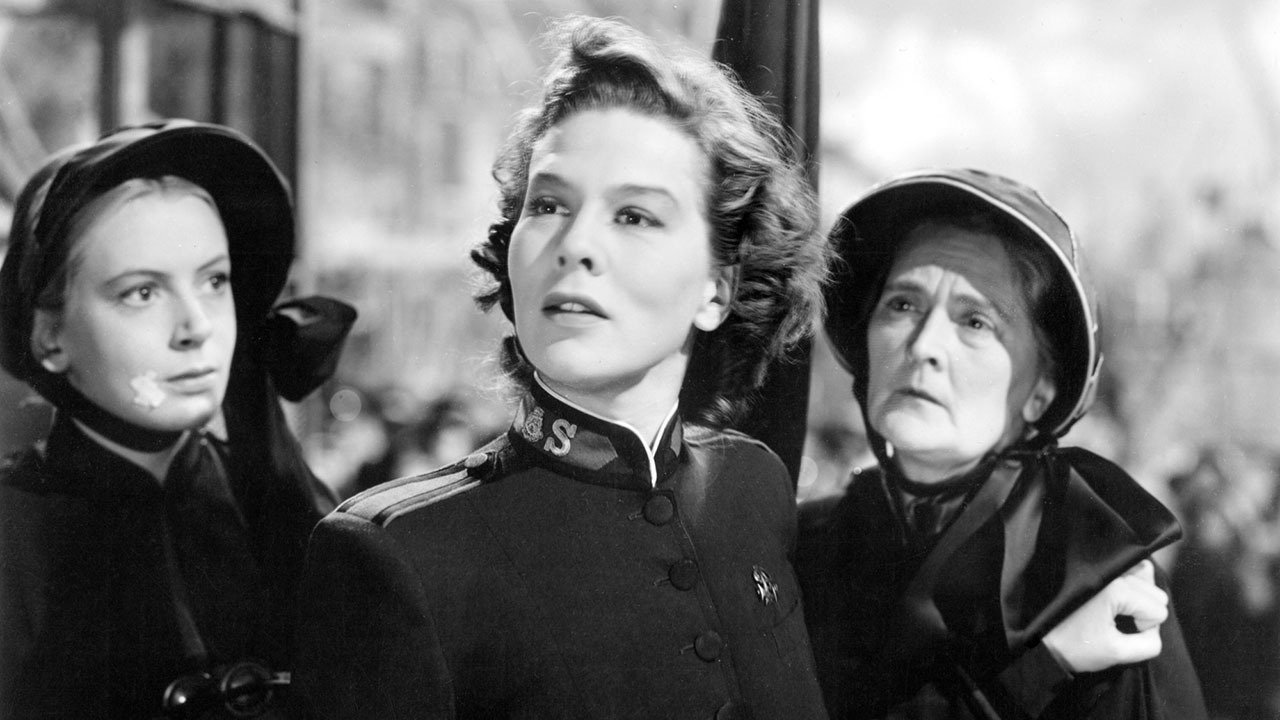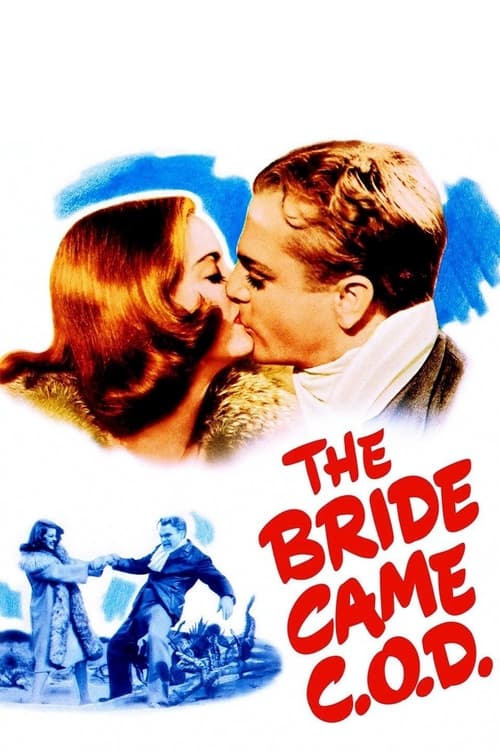
1941
Major Barbara
Comedy
7.0
User Score
20 Votes
Status
Released
Language
en
Budget
$0
Production
Gabriel Pascal Productions
Overview
Idealistic young Barbara is the daughter of rich weapons manufacturer Andrew Undershaft. She rebels against her estranged father by joining the Salvation Army. Wooed by professor-turned-preacher Adolphus Cusins, Barbara eventually grows disillusioned with her causes and begins to see things from her father's perspective.
Review

Geronimo1967
7.0
Gabriel Pascal and (George) Bernard Shaw have reunited for this enjoyably paced, quirky and characterful adaptation of his 1905 play. That creation uses chocolate, this one replaces it with arms as the eponymous, upright and virtuous character - Wendy Hiller - re-evaluates her leading light position in the Salvation Army when their General (Dame Sybil Thorndike) agrees to accept two huge donations - one from a recently ennobled brewing magnate, the other from her father "Andrew Undershaft" (Robert Morley) - the aforementioned, billionaire arms dealer. It's oft described as a comedy, this - and there are certainly comedic elements to it, especially from Morley and her academic suitor Rex Harrison ("Adolphus Cusins"), but is largely presented more of a question to us, the audience. It challenges us to assess which is (or might be) the more important influence: religion or money; prosperity or integrity. Are they mutually exclusive? Perhaps it is a rather simplistic choice, but Shaw offers us scenarios ably illustrating the opportunity and hypocrisy that we may appreciate both the emotional and practical quandaries of "Maj. Barbara" as her resistance to her father's mercenary existence is tempered with his argument justifying his wealth, and his power. Morley is super - his delivery potently justifies his position to the point where it seems irrational to doubt it! The staging is a little too fixed. Though there are a few outdoor scenes, the vast majority appears overly hemmed in. The brewery lights flashing on and off; the scenes in their shelter, and at their home - all are just a bit linear. The pretty lively scenes with an on-form Robert Newton (the down-to-earth, working-class pragmatist "Billy") come across as just a bit too stifled - the flow is almost staccato at times. With the likes of Ronald Neame, David Lean, Charles Frend and Vincent Korda helping out behind the camera, it was always going to be a well made film, and indeed it is. A social commentary that pitches avarice against principle - and one that leaves us to decide... Good stuff.
Read More 



